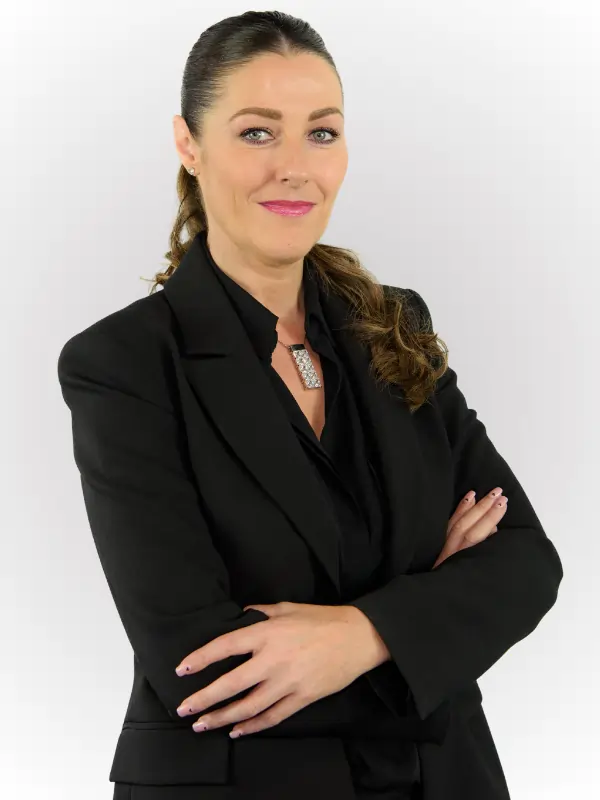Sexual harassment in the workplace Law
People in power may sometimes abuse their authority and sexually harass another person because they believe the victim will be too afraid to speak up and report the harassment they are experiencing. Hence, the perpetrator will think they can get away with his/her unlawful acts.
Coleman Legal LLP specialises in the area of sexual abuse law, acting on behalf of those who have been sexually abused and who seek monetary compensation for the pain and suffering inflicted upon them as a result of the abuse.
Financial compensation is achieved through civil proceedings, and it is a different process to criminal proceedings handled by the Director of Public Prosecutions and An Garda Siochana.
I am being, or have been, sexually harassed at work. What can I do?
Perpetrators can sexually harass someone for a range of different reasons, such as the perpetrators seniority, gender, size, popularity, or belief that in some way they think they are superior to their victims.
People who have experienced sexual harassment often feel shame about what has been done to them; they will ask themselves how they did not or were not able to prevent it, and victims will often blame themselves.
They may try to cope with the trauma and shame alone without any help. It is important to remember that sexual harassment is never the victims fault. The shame and wrongdoing are wholly on the person carrying out the sexual harassment and not the victim.
The Employment Equality Act 1998-2015 states that bullying and harassment, including sexual harassment, are strictly outlawed in the workplace. The employer must take all reasonable steps to ensure a harassment-free workplace environment for all its employees.
Who can I speak to about sexual harassment in the workplace?
If you have experienced sexual harassment in the workplace, try to speak to someone you trust and report it to your manager. A Dignity at Work Policy should direct you to appointed personnel who can deal with your case in the workplace.
You can also seek help at the Irish Human Rights and Equality Commission to learn more about your rights in a workplace or service, to be free from sexual harassment, and advice about what to do.
If there is no one in work that you can speak to, you can speak about what is going on with a family member or friends. It is important to remember that sexual harassment is never the victims fault.
If you are being sexually harassed, it is never your fault and you should not feel ashamed or blame yourself. It is the perpetrators fault.
What can I do if I am being sexually harassed in the workplace?
If you are being harassed, bullied, or intimidated by someone or a group of people, you may:
- Tell the person harassing you that their behavior is unacceptable and unwanted if you feel comfortable doing so and if you are in a safe situation to do so. If the harassment does not stop, go to the GardaÃ.
- If you are being cyberbullied or the bullying is occurring online, block them and report them. If the harassment is occurring in the workplace, report the harassment to a manager on duty, the Human Resources Department or someone else in authority
- You may go to appointed personnel that deal with harassment in the workplace. Some organisations have staff who have been trained to support a colleague experiencing harassment or bullying.
- If a boss or senior is harassing you, then make the complaint to somebody else in charge. It is very important that you keep a journal record of the sexual harassment you are experiencing here.
Speak to someone you trust about what is happening
If the harassment persists, you can complaint to the Gardai or you can contact us. You can do by writing a letter of complaint or an email with details of the harassment (include what was said, what was done, what you said and what you did to stop the behaviour) and remember to keep a copy
In the case that the sexual harassment you are experiencing is taking a toll on your mental health, please speak to a medical professional or support service to help you during this difficult time.
The impact of sexual harassment can be quite severe. The National Sexual Violence Helpline is there for people experiencing sexual harassment, and Rape Crisis Centres provide counselling also.
Law in Ireland in relation to sexual harassment in the workplace
Under The Employment Equality Act 1998-2015 Act, bullying and harassment including sexual harassment, are strictly outlawed in the workplace (even for agency workers and trainees), whether it be:
- by an employer
- another employee
- clients or customers
- any business contacts of the employer
- and anyone the employer could reasonably expect the worker to come into contact with.
The employer is obliged to take all reasonable steps to ensure a harassment-free environment in the workplace for all its employees.
If the employer fails to provide a harassment-free work environment, the person who was sexually harassed could take a case against their employer or the employer of the service they were using to the Workplace Relations Commission or a civil court.
There is no specific law in relation to sexual harassment outside of the workplace, but there is a law relating to harassment. The Non-Fatal Offences Against the Person Act 1997 states that harassment is a crime.
Harassment is described as that which, has the purpose or effect of violating a persons dignity and creating an intimidating, hostile, degrading, humiliating or offensive environment for the person under this law and so sexual harassment is included in this law as a form of harassment.
Sexual harassment is defined as unwanted verbal, non-verbal or physical conduct of a sexual nature which is unwelcomed or offensive, humiliating or intimidating.
Who can I go to for advice if I have been sexually harassed in the workplace?
You can get more information and advice from these organisations in Ireland:
Our team
Our dedicated team has extensive experience in claims relating to Sexual Harassment in the Workplace, and we are ready to advise and assist you with a claim.
If you have experienced harassment or sexual harassment in the workplace and have questions surrounding the incident, don’t hesitate to contact our Sexual Harassment in the Workplace Team today at Coleman Legal LLP to find out if you have a potential legal action.
If you have been the victim of sexual assault or sexual abuse, don’t hesitate to get in touch with Philip Treacy either by email or freephone us at 1800-844-104 for a Free Case Evaluation.




